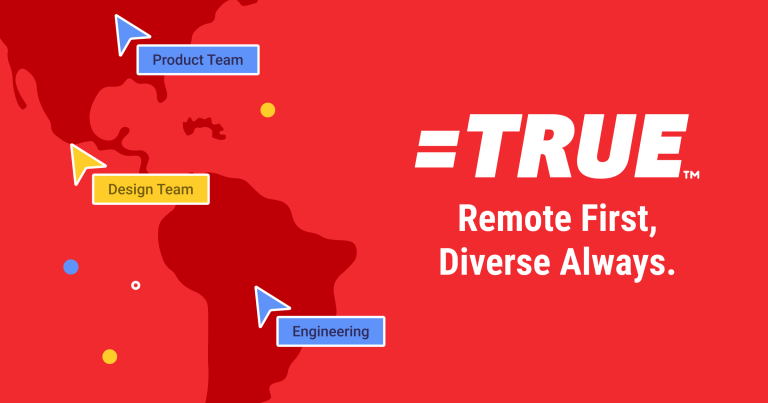What would you say is the top thing to look for in a resume? Now think about what you really want to know about candidates during an interview. There’s experience, problem-solving, teamwork, leadership, etc. However, it’s still pretty common to see job descriptions that include requirements related to education such as particular degrees or education levels. There’s even this perception that the institution where a person received said degree could influence their advancement in the hiring process.
Yet, is it possible that this is limiting our pool of talent? Could there be a great candidate for an open role that does not have a degree at all, or has one in another area? Think about your top performer right now. Did they have a specific degree that encapsulates every bit of their job description? Probably not. Yet what makes them great at it goes beyond what their CV said.
In practice we would never actually notice that they went to this college or that one. We might not even notice that they didn’t go to a traditional higher education institution. What makes them great is their grit and determination, their constant search to evolve. We can have a developer who is self-taught and someone who went to a university and got a Master’s or a postgraduate degree in the field. Just knowing their educational background doesn’t give us that much information to go on. There are great designers who are self-taught, yet our bias makes us forget this in the moment.
Let’s switch gears for a bit. The concept that someone who went to Harvard Business School is ultimately better at business than someone who didn’t is completely outdated and proven many times as not necessarily being the truth. How many CEOs and founders come from a myriad of backgrounds? Yet why is it that we don’t always use this same logic for hiring practices?
Our perception and bias can limit the quality of candidates. There will be people who might not apply, yet would be great for that role, but will be deterred simply because of the education requirements. You might not be giving them a chance based on something that does not determine their talent, skills, or ability. It’s just based on their circumstances or background.
Next time think about this before you nix someone based on their education section in their CV: what is one thing you’ve learned on the go? Of course there are jobs that do require particular training, but even then there are different pathways to getting there.
Nurses can then go on to be nurse practitioners and even become doctors in the end. What sets them apart from someone who went to medical school from the start can be their available resources to do so. Perhaps this was something that changed or evolved the more they interacted with patients. We just never know. That’s why interviews and asking the right questions is key.
When we put our focus on writing out the skills and talent we need for that role and go forth from there we’re bound to get a better quality of candidates. We need to be clear before we can request someone out there to fulfill our checklist. Going just for a particular degree or type of institution because we don’t know what we need can be problematic. We need to be clear ourselves first before setting ourselves up for failure or disappointment. Next time start with making a list of what you do want your candidates to be experts in, this way you’ll avoid having CVs that don’t align and will ensure smoother interview processes for everyone involved.





